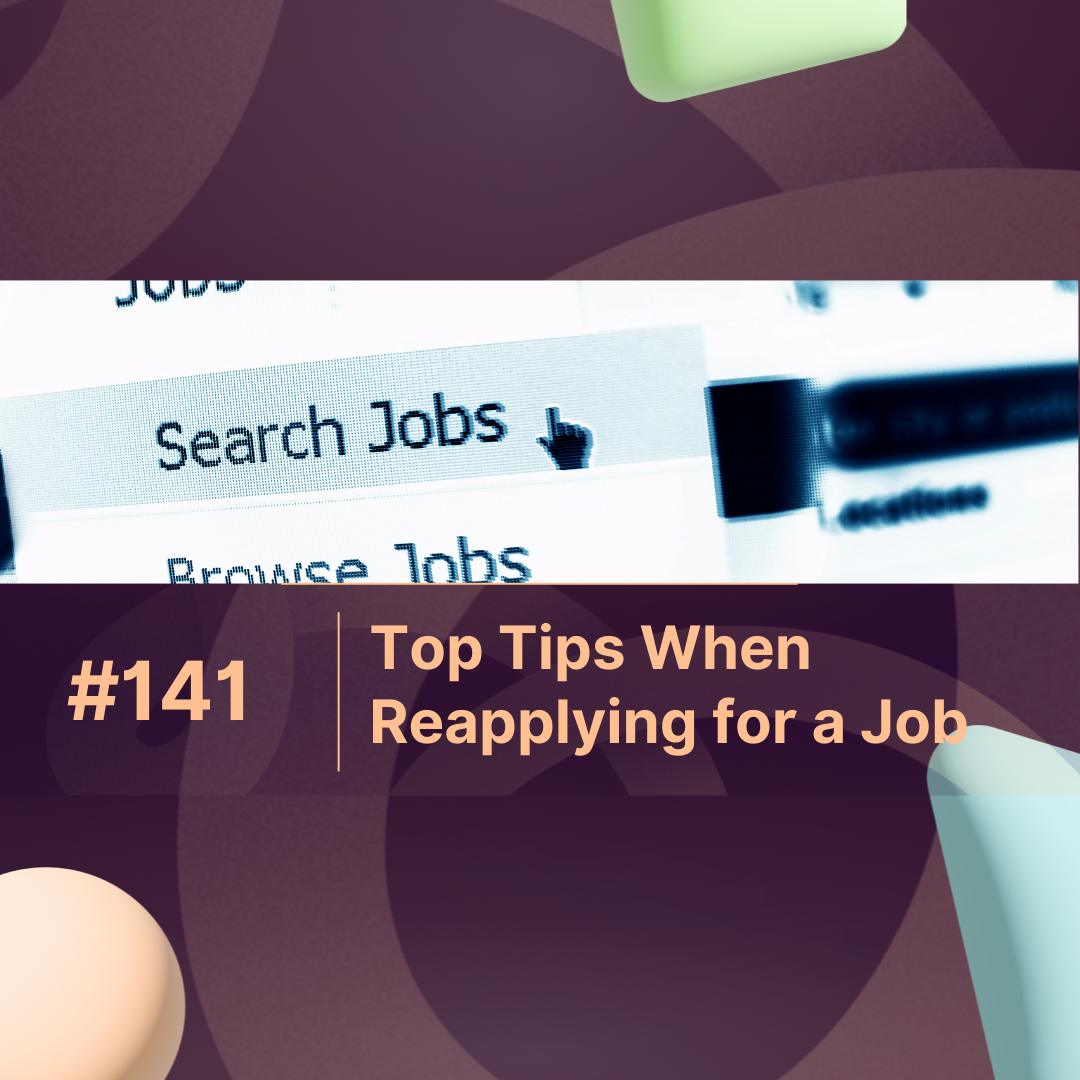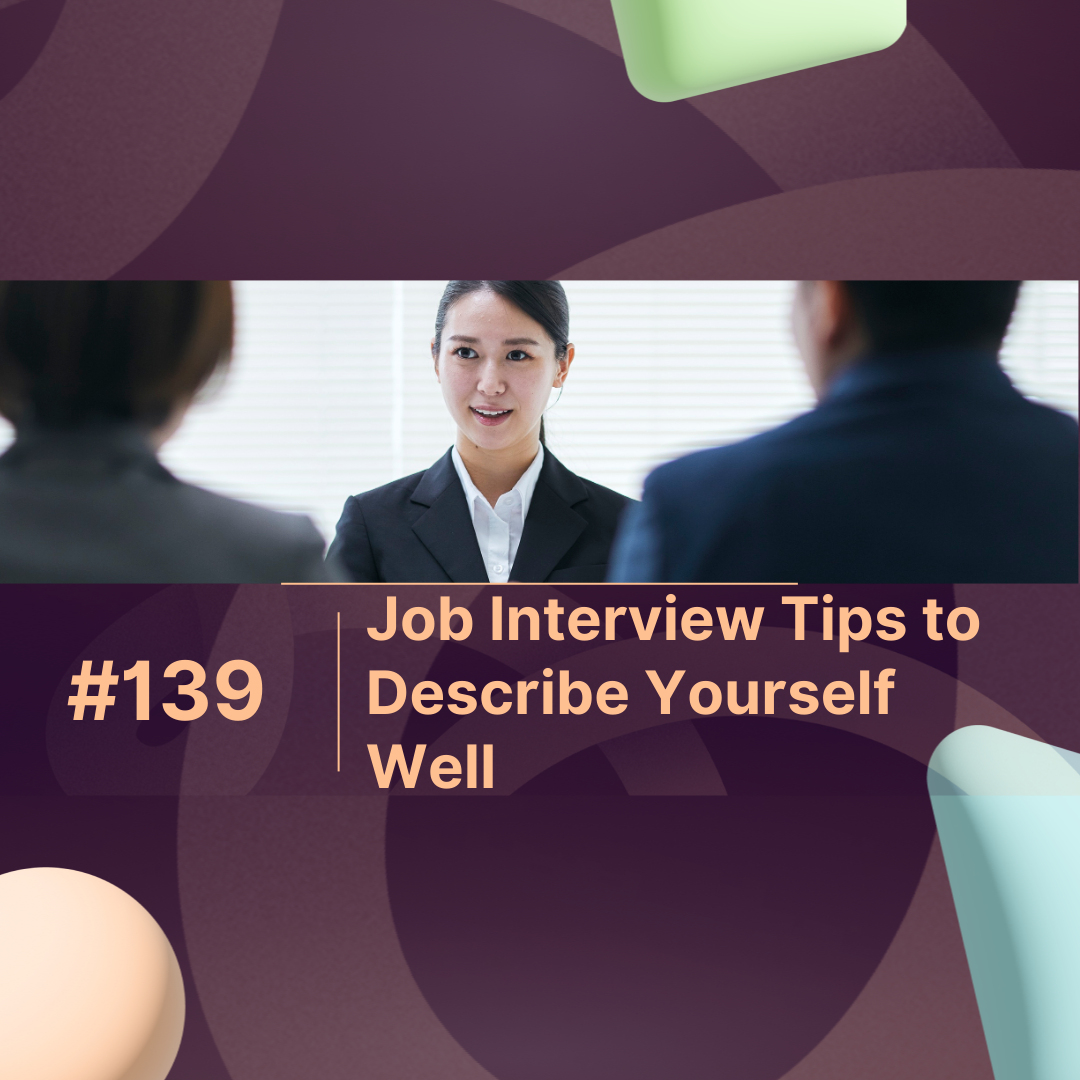Overview
Job search burnout is more common than people think, especially in today’s highly competitive and AI-driven hiring landscape. Whether you’re applying for your first job or your fiftieth, the emotional toll of constant rejection, waiting, and lack of clarity can lead to frustration, fatigue, and even depression.
In this article, we’ll explore the top 5 signs of job search burnout, supported by data and practical solutions. You’ll also learn how to reset your mindset and job-seeking strategy so you can stay motivated, focused, and ready for the right opportunity.
What Is Job Search Burnout?
Job search burnout is a form of emotional and mental exhaustion that results from prolonged, repeated efforts in job hunting with little or no success. It affects your focus, confidence, and energy—ultimately decreasing your chances of landing a job.
Related search terms: job search fatigue, job seeker stress, applying burnout, burnout during job hunt, emotional toll of job search.
Top 5 Signs of Job Search Burnout
1. You Feel Emotionally Drained After Every Application
If every click on “Apply” leaves you feeling empty or anxious instead of hopeful, it’s a clear red flag. Job seekers often attach high emotional expectations to each opportunity, and repeated silence or rejection can deplete emotional reserves.
What to do:
Set a daily limit on applications. Focus on tailoring fewer, higher-quality applications instead of mass applying.
2. You’ve Stopped Personalizing Your Resume or Cover Letter
When burnout hits, job seekers may start sending generic resumes and cover letters just to “get it over with.” This can drastically reduce your chances of getting noticed by Applicant Tracking Systems (ATS) or hiring managers.
What to do:
Revisit your resume strategy. Create one master resume and adjust it slightly for each role using the job description keywords.
3. You’re Doubting Your Skills and Career Path
Burnout often leads to a deep crisis of confidence. If you start feeling like you’re not good enough or begin second-guessing your entire career direction, burnout may be distorting your self-image.
What to do:
Speak with a mentor or career coach. Reflect on past achievements. Take a short break if needed to regain perspective.
4. You’re Avoiding Job Search Activities Altogether
Procrastination or avoidance is a strong indicator of burnout. You might avoid updating your LinkedIn, stop checking job portals, or ignore networking opportunities—even though you know you should.
What to do:
Break your job search into micro-goals:
-
Day 1: Update LinkedIn
-
Day 2: Write one custom cover letter
-
Day 3: Apply to 2 jobs only
These small wins can rebuild momentum.
5. You’re Experiencing Physical or Mental Health Issues
Burnout is not just mental—it can manifest physically. Poor sleep, headaches, low motivation, and irritability are all linked to prolonged stress, including stress caused by job hunting.
What to do:
Prioritize your health. Regular exercise, time off-screen, mindfulness, and sleep regulation should not be optional. Job search success starts with self-care.
Burnout Warning Signs by Numbers
Here’s a quick overview of how job search burnout impacts candidates based on recent studies:
| Burnout Symptom | % of Job Seekers Affected | Source |
|---|---|---|
| Emotional exhaustion after applying | 65% | Joblist Survey, 2024 |
| Skipping resume customization | 58% | LinkedIn Data, 2023 |
| Self-doubt and loss of confidence | 72% | Muse Career Report, 2024 |
| Avoidance of job portals or networking | 49% | Indeed Hiring Trends, 2023 |
| Sleep issues and low energy | 61% | American Psych Assoc, 2024 |
Conclusion
Job search burnout is real but it’s also manageable. Recognizing the signs early and taking intentional action can make all the difference in your job hunt. Remember: burnout doesn’t mean you’re unqualified or unworthy. It just means you’re human.
You’re allowed to pause. You’re allowed to reset. And most importantly, you’re allowed to seek help, support, and strategy.
Your next opportunity is out there. Don’t let burnout stop you from reaching it.
FAQs
1. How long does job search burnout typically last?
It varies by individual. With proper rest and mindset shifts, many people recover in 1–3 weeks.
2. Can burnout affect interview performance?
Yes. Mental fatigue can reduce your ability to communicate effectively, stay positive, and demonstrate enthusiasm—critical traits in interviews.
3. Should I take a break from job hunting if I feel burned out?
Yes, short breaks (2–5 days) can actually improve productivity and mindset. Use the time to recharge, not worry.
4. Is it okay to talk about burnout with a career coach or mentor?
Absolutely. Career coaches can help reframe your thinking, improve your job search strategy, and hold you accountable.
5. Can networking reduce job search burnout?
Yes. Networking brings fresh energy, new perspectives, and leads that may not be visible on job boards—reducing the stress of “cold applying.”



